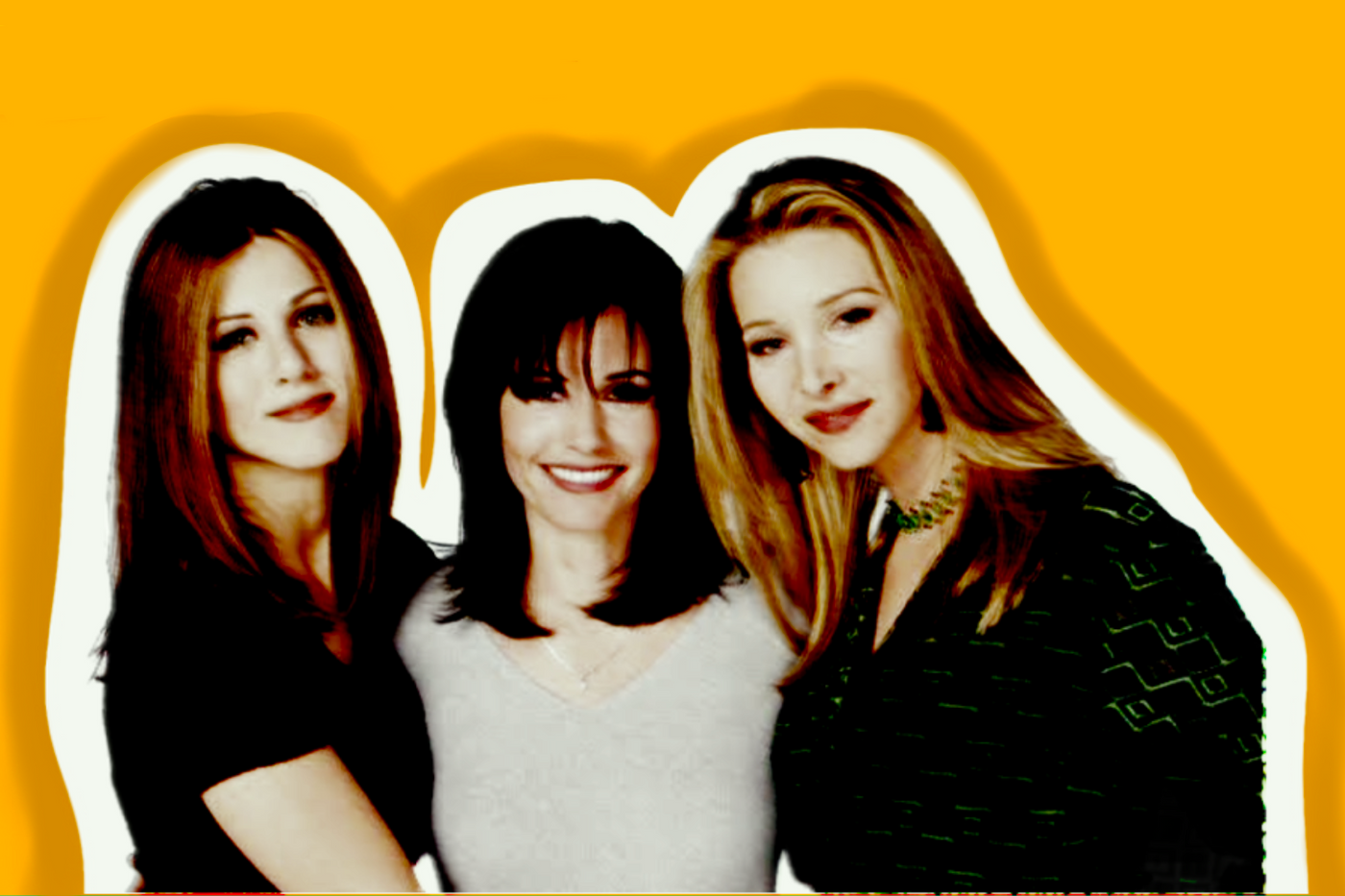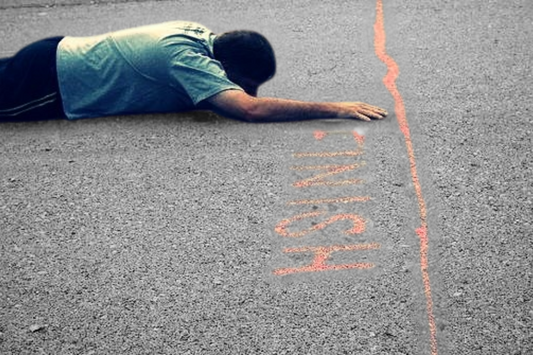Why Adult Friendships Are So Hard (And Still Worth It)
Making friends in school was simple—almost as simple as sharing snacks or enjoying the same cartoons. A kind gesture, a seat saved, or a lunchbox shared was sometimes all it took to spark a lifelong bond.
College brought its own kind of magic: late-night study sessions, hostel gossip, and the warmth of people figuring out adulthood together. But something changed when I stepped into actual adulthood. And I wasn’t ready for it.
It wasn’t just distance. It was something more unfamiliar: uncertainty. Everyone was heading in their own direction—chasing careers, dealing with families, struggling with their own growing pains. The bonds that once felt effortless began to fray quietly.
The Neglect You Don’t Notice
Looking back, I see it clearly now. In my rush to “become an adult,” I let go of everything that once made me feel like myself. I stopped texting back. Skipped birthdays. Ducked out of catch-ups with vague promises. I didn’t mean to disappear—but I did.
I thought I was being productive. But I was just isolating myself. And I wasn’t the only one. Eventually, the passive-aggressive texts started. The misunderstandings. The long silences. Until finally, one conversation turned into a confrontation.
“It felt like we were all speaking different languages—but trying to say the same thing.”
What Adult Friendships Really Need
In that awkward, uncomfortable, but deeply needed conversation—we finally got honest. We spoke not just about each other, but about ourselves. The guilt. The burnout. The longing. The fear that maybe… we’d all outgrown each other.
That’s when I realised: adult friendships aren’t effortless. They’re intentional. They require space and grace, not just for others—but for yourself.
Friendships in adulthood aren’t meant to look like they did in school or college. They evolve. Some friends become confidants. Some become professional allies. Others might just be your safe space on a weekend coffee date. Each serves a different role.
Love Without Keeping Score
I’ve stopped expecting constant check-ins. I’ve stopped measuring closeness by call logs. And instead, I’ve started valuing presence in the ways that matter—showing up when it counts, even after long silences.
Yes, some friendships have faded. Some hurt. But many have softened, reshaped, and returned stronger. And in each version, I’ve had to learn to give love without expecting it to look the same way it once did.
Acceptance Is a Friendship Skill
Relationships—like life—move in phases. Some friends come in loud and full of colour. Others stay in the background, but anchor you in ways you don’t always see.
I’m learning to let go of how I thought friendship should look. And in doing so, I’ve found gratitude. Because I know that no matter how much time has passed, the people who truly matter will still be there. And so will I.
This piece was written with the full permission and insistence of the client whose story inspired it.
If you're navigating loneliness, distance, or emotional disconnection, you might like our Sunday Journaling Series or explore 1-on-1 therapy with a psychologist from our team.




